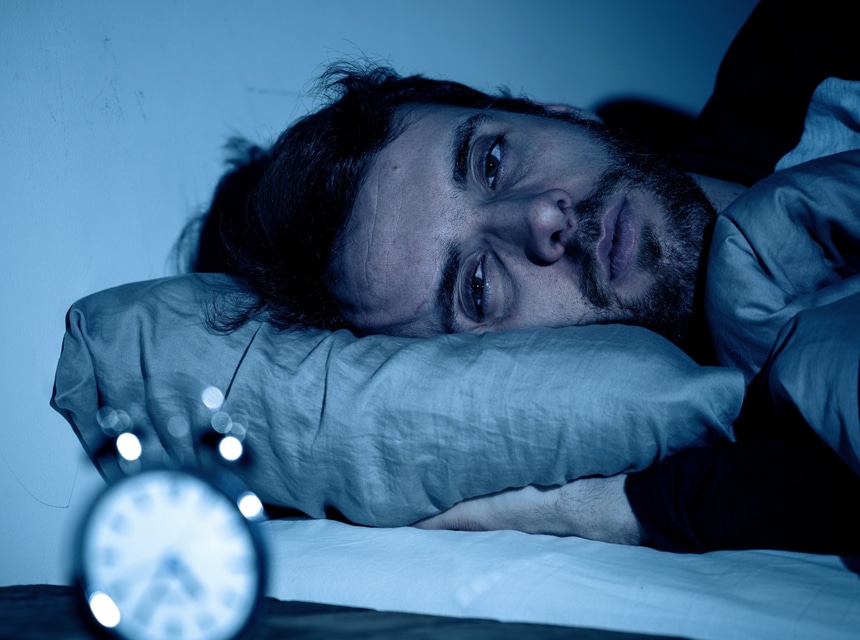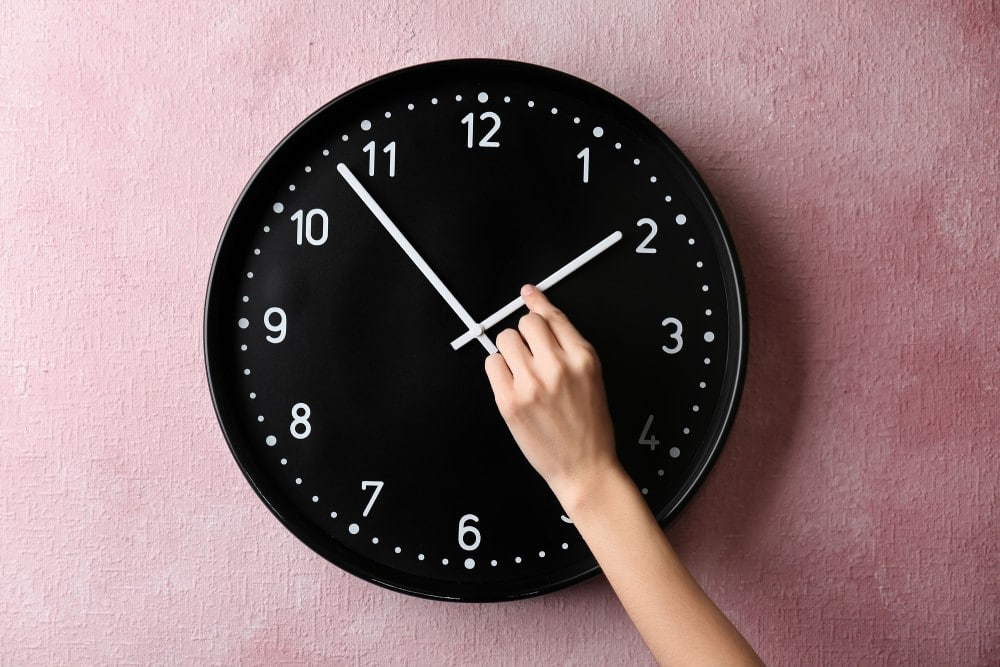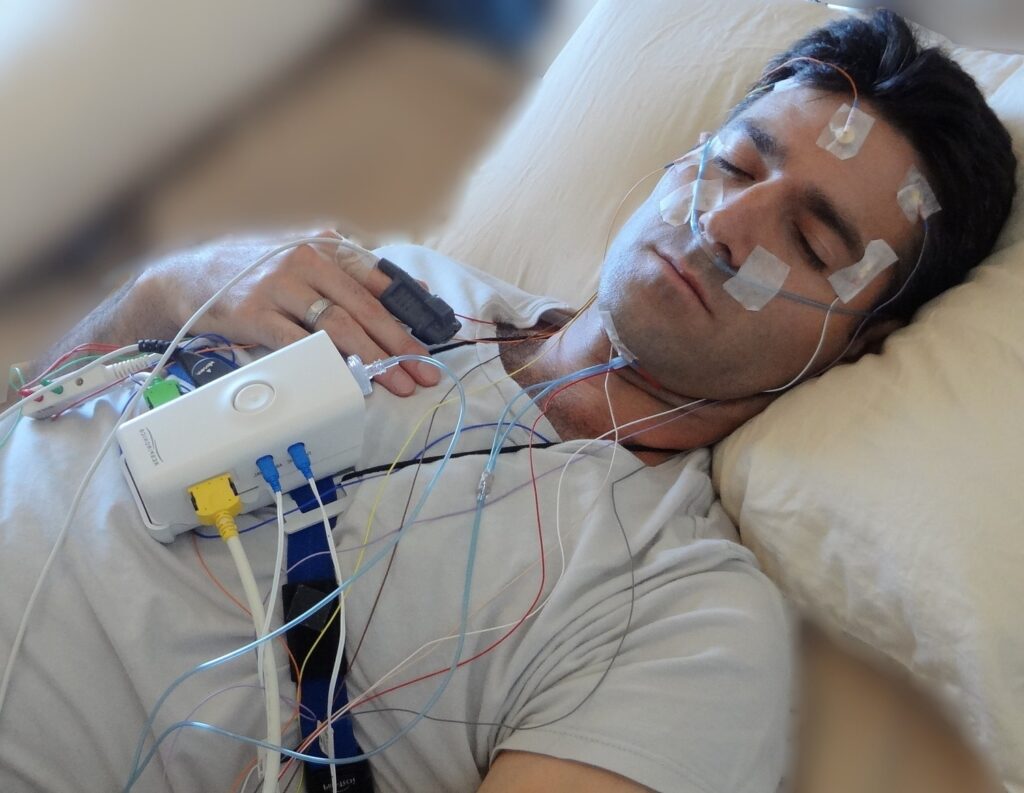

Here’s a quick fact you probably didn’t know about; your diet could be keeping you awake at night. According to the BBC Trusted Source Search BBC If, like many, you’ve struggled with sleep during the pandemic, it’s worth considering the role food and drink choices play in your sleep patterns. www.bbc.co.uk , diets that are rich in nutrients help with a good night’s sleep. In fact, there’s a strong correlation between healthy sleep & nutrient intake, and adults that take less vitamin D, calcium & magnesium generally don’t get enough sleep. For adults over 50 years, their quality of sleep is directly related to their vitamin C, D, E, and K intake.
The Sleep Foundation Trusted Source What Happens When You Sleep: The Science of Sleep | Sleep Foundation During sleep, intricate processes unfold in the brain and body. Learn about what happens when you sleep and why it’s important to get quality, restorative rest. www.sleepfoundation.org reveals that quality sleep allows the body & brain to engage in recovery by slowing down functions. This then enhances mental and physical performance the next day and also in the long term.
Recently, a study among Finnish adults of the working-age was conducted to investigate their physiological and psychological well-being. It revealed that there was a correlation between health-promoting eating habits & diet and lower alcohol consumption. Even though there have been several similar kinds of research, they have barely reached the surface.
The Journal of Occupational Medicine and Toxicology recently published this new study that aimed at determining the link between diet quality, sleep behavior, and psychological recovery during sleep. It was conducted in 3 Finnish cities and was among 252 adults that were overweight and psychologically distressed. The sleep recovery of the participants was recorded over 3 successive nights and was determined based on sleep-time heart rate variability.
During the study, the sympathetic and parasympathetic activity of the autonomic nervous system was measured using heart rate variability. The same was also conducted on other related factors, such as the balance between recovery and stress. It revealed that the parasympathetic nervous system is critical to sleep recovery as it causes a high heart rate variability and a decreased heart rate.
The researchers used 4 varying questionnaires to study the eating behaviors of the study participants and 2 different questionnaires combined with a 48-hour dietary recall to quantify their alcohol consumption and diet quality. This was aimed at finding the association between various aspects of eating behavior & diet quality with physiological recovery.
When parasympathetic activity is high during sleep time, it’s a clear indicator of better physiological recovery. According to the study, this was linked to lower alcohol consumption and health-promoting diet quality. It was also related to the participants’ eating habits, depending on the factors that impacted their decision to eat. For instance, it was reported that participants that displayed a good stress balance had stronger dietary control, higher fiber intake, lower alcohol consumption, and generally, better diet quality compared to those with a poor stress balance.
It was, however, revealed that the design of this cross-section study wasn’t enough for causality conclusions. Simply put, you can’t fully determine whether a healthy diet is enough for better recovery or better recovery results in a healthier diet. You should, however, note that what you eat impacts your sleep quality. A nutrient-rich diet impacts your brain activity and allows you to have a good night’s sleep. It also impacts your mental health, and poor sleep cycles have been linked to mental stress, bad moods, and anxiety.





